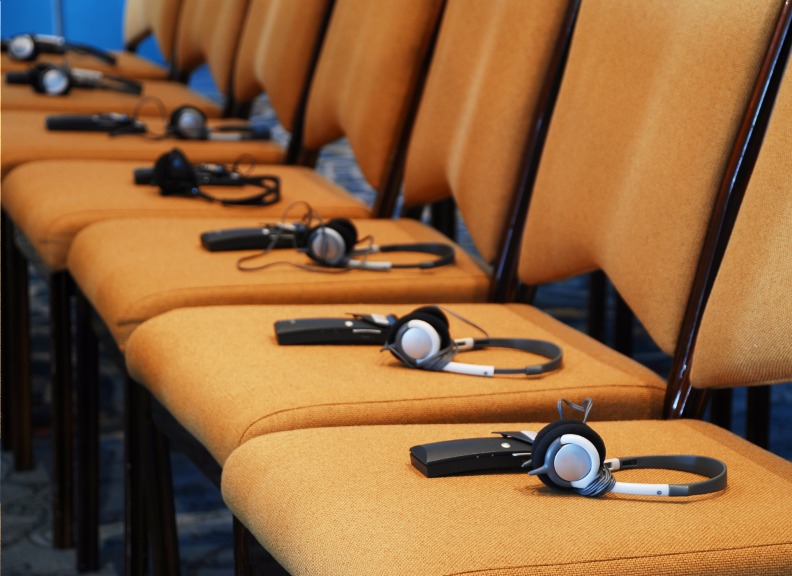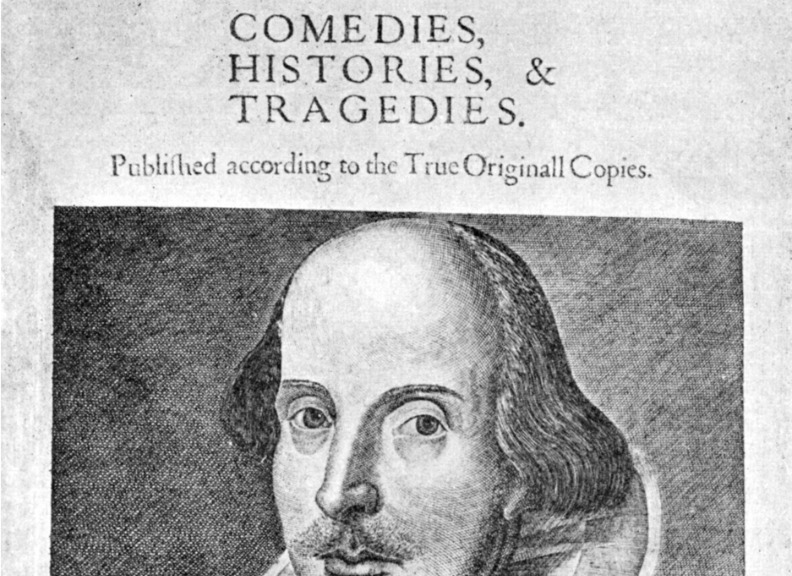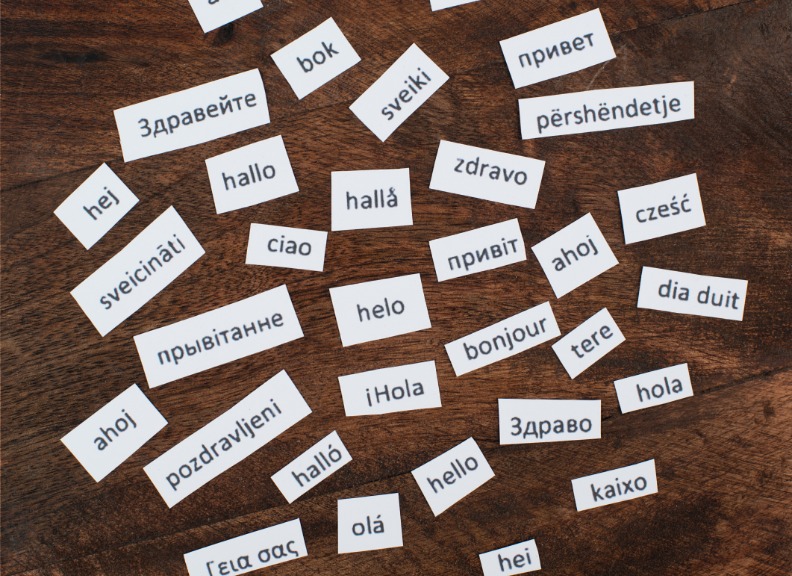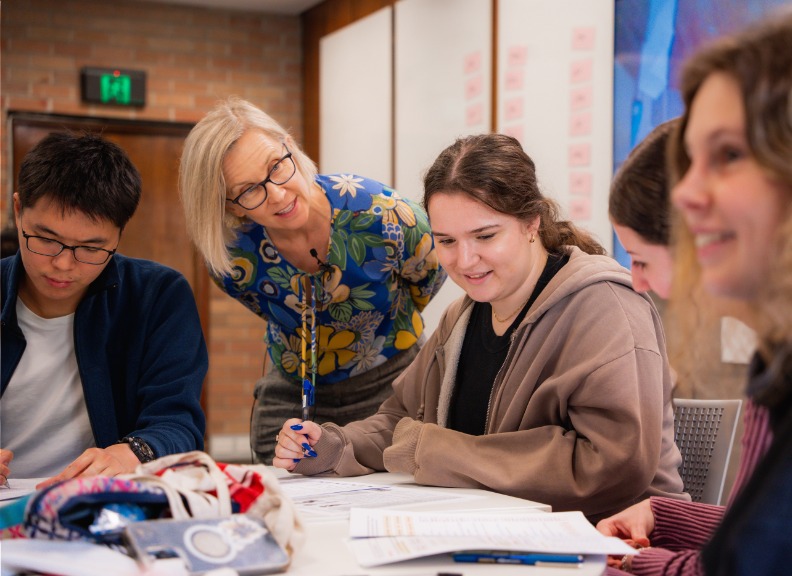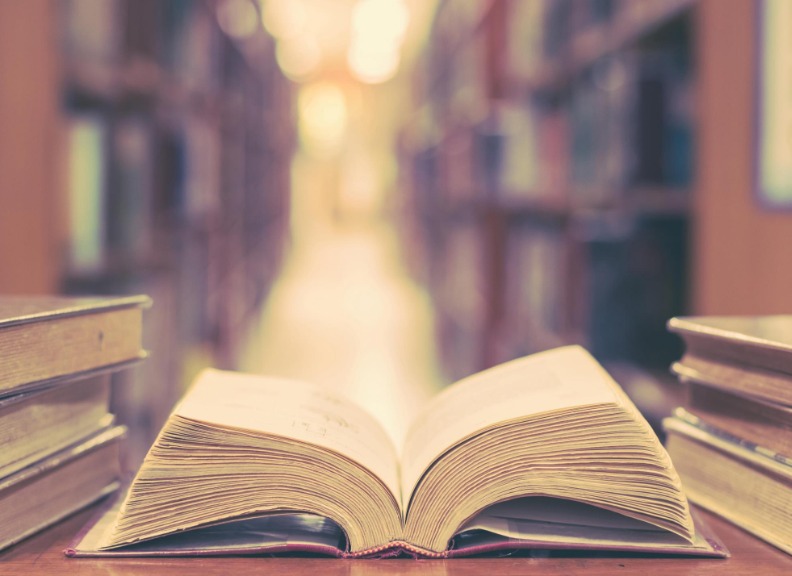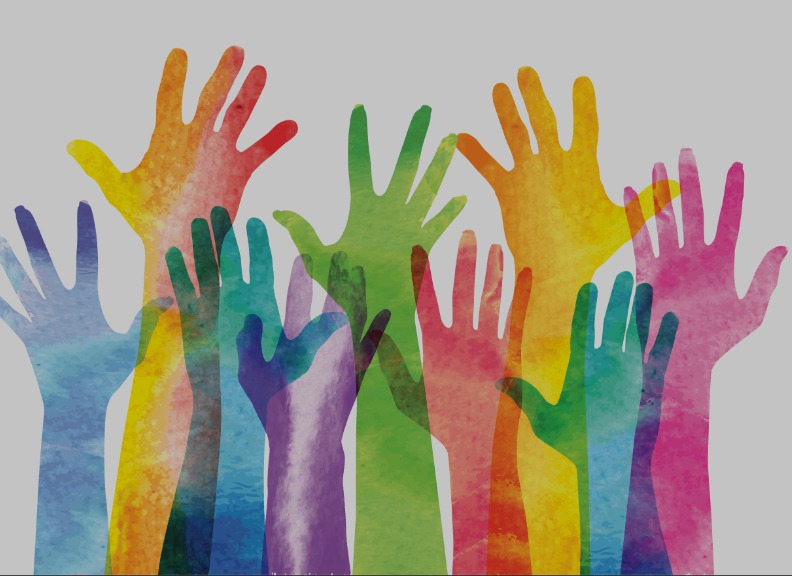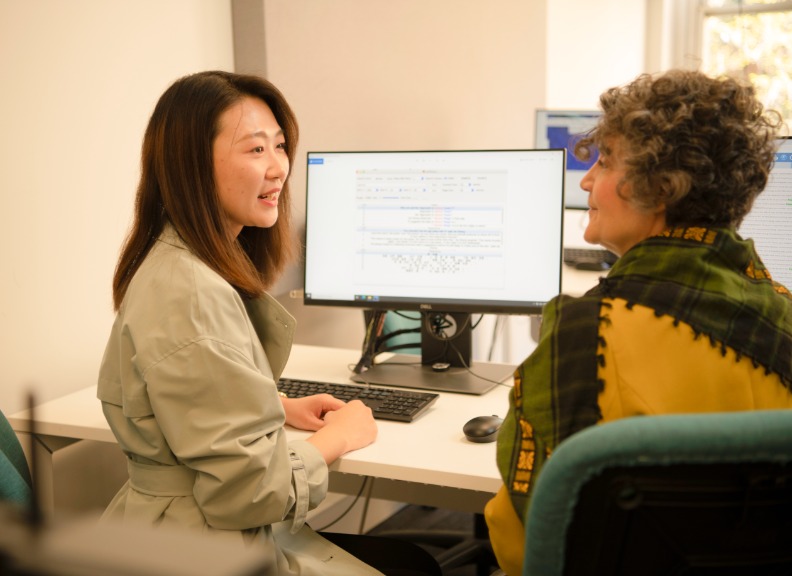European Languages and Cultures
Become a bilingual citizen of the world at WA’s largest department of European languages
Immerse yourself in European languages and culture, and discover more about how we can communicate between languages. We cater to everyone, from beginners to advanced, as well as native speakers.
Our students learn to see the world through new languages, become bilingual citizens of the world and move between cultures with ease. They learn to translate words and ideas between the European languages and cultures of French, German, Italian and Spanish.
Our teaching and research encompass the ways different languages and cultures have shaped modern Australia, and explore how the literature, history, film and art of European societies open up new understandings of what it is to be human and to function in human societies.
We offer 10 languages for study
The largest European language teaching centre in WA
Award-winning teachers, students and alumni
European Languages and Cultures courses
Hear about our courses
European Languages
Hear about our four European languages available: French, German, Italian, and Spanish. Explore how these languages can unlock a new realm of experiences and perspectives on the world.
Bachelor of Modern Languages
The Bachelor of Modern Languages enables students with a particular interest in world languages and cultures to study two languages in depth. We offer the largest range of languages of any WA university where you can choose from eight modern languages. Hear about how you can combine Modern Languages with a number of other degrees.
Master of Translation Studies
This quality professional course gives you a competitive edge and the ability to thrive in an increasingly globalised job market.
Gain world-class specialised translation training at the largest language hub in Western Australia. In this course, you'll complete professionally endorsed translation training between English and one of ten languages.
Research
Research in UWA European Languages and Cultures examines the political, social, historical, linguistic, and cultural aspects of Europe and other French, German, Italian or Spanish-speaking regions around the world as well as exploring transnational and translinguistic boundaries.
Our staff have world recognised expertise in translation and transcultural research, sociolinguistics, philology, applied linguistics and language policies, literary studies from the eighteenth century to the contemporary period, including postcolonial literatures and minority literatures. They also carry out translations of major literary works.
Hear about our research
As the largest provider of language studies in WA, our research examines the political, social and cultural aspects of contemporary Europe with a particular focus on the French, German, Italian and Spanish languages. We learn about the intricacies of language and language history, and aim to drive our students to success.
Literary Translation
Literary Translation
Our researchers are engaged in translation studies in both a creative and theoretical capacity. Our translators have published translations of various types of literary and creative works, including classic novels, explorers’ journals and contemporary works written for children, as well as important works on translation theory. Our translators work across a range of languages and translate both into and out of English, French, German, Italian and Spanish. Some of the authors whom our staff have translated include Colette, Elizabeth Jolley, Théodore Leschenault, Anthony Pym, Katharine Susannah Prichard and Emile Zola.
The act of translation is a form of creative writing as well as one of critical appraisal. UWA translators consider good literary translation an essential form of communication between cultures. And since place informs every sort of translation, we bring an Australian perspective to our work. Even as new advances in machine translation and artificial intelligence unfold, the human choices that inform literary translation remain of crucial importance.
Our staff have close links with other international academic and non-academic translators and work together with organisations such as the Australian Association for Literary Translation and The AALITRA Review. We teach and supervise student translators who have the opportunity to produce a creative translation and commentary as part of a dissertation for the Master of Translation Studies or for the PhD.
People
Related Centres and Groups
Language History, Philology, Linguistics
Language History, Philology, Linguistics
Our researchers engage with a wide variety of topics involving language history, philology, and broad questions in linguistics. How do languages change over time? Where do standard languages come from? And what languages did people speak in the past? Historical multilingualism and the study of old texts can help us to answer some of these very important questions. The way people spoke in the past, the development of scripts and the production of different types of texts, reveal the fascinating multilingual history of Europe and shed light on the present.
Staff have particular expertise in the medieval and early modern periods. They work with historical documents such as dictionaries, manuscripts and other material that is buried in archives around the world, to look at issues such as dialect contact, the development of pidgins and koines, as well as other contact phenomena between languages, such as loanwords. Many of our staff look at writers who have traditionally been ignored or assigned a marginalised role in the historical record, such as merchant letters, women writers, or religious texts.
New technologies from digital humanities are making this work easier, and are helping to recover forms of language that have been lost. Our researchers are at the forefront in adopting these technologies in their teaching and their research. Questions of language history and historical multilingualism are particularly important for countries like Australia, where English is a de facto language and the multilingual reality of its past remains hidden.
Related Centres and Groups
Creative Multilingualism: Literatures in European Languages
Creative Multilingualism: Literatures in European Languages
Research in European Languages and Cultures looks at literatures and literary theory across a range of European languages other than English, adopting a global outlook to examine works in a variety of genres produced both within and beyond Europe. Focusing on texts from the early modern period up to the present, projects take an interdisciplinary approach to analyse historical and contemporary works, with particular expertise in postcolonial theory, gender studies, French enlightenment thought, reception theory, German literature from the 1800s onwards, questions of identity in European thought, as well as Caribbean literature, French exploration in Australia, and translingual and transcultural approaches to writing.
People
Teaching Innovation and Languages Education
Teaching Innovation and Languages Education
There is a long tradition of teaching excellence in modern European Languages, Translation Studies, and across the School of Humanities in general. Our staff are at the forefront of teaching innovations, and revise their curricula on a regular basis to ensure best practice in languages education. Many of our staff have achieved professional recognition for their teaching achievements, and are members of the UK’s Higher Education Academy. Our staff are regularly nominated for teaching awards at the School and the University level.
Recent innovations in machine translation, integration of online video content, and benchmarking against the Common European Framework for the Reference on Languages provides a strong research culture in our discipline. Recent projects have looked at patterns of student attendance and drivers of engagement in languages education, the position of language disciplines in an international context, and the role of linguistics in languages education.
We have excellent links with the national association for languages education, the Languages and Cultures Network for Australian Universities. Our staff regularly are constantly engaged in teaching innovation and present their research at their respective disciplinary associations, such as the Australian Society for French Studies, Australasian Centre for Italian Studies, German Studies Association of Australia and the Association of Iberian and Latin American Studies of Australasia.
People
Translation and Transcultural Research
Translation and Transcultural Research
Understanding the social and cultural issues of translation and multilingualism, migration, transcultural identity construction and communication.
International exchange partners
We encourage students to study abroad and truly immerse themselves in the language and culture of their chosen language major. Studying at UWA will allow you access to international exchange programs and opportunities with local cultural associations. We offer connections to study with more than 15 institutions worldwide. Additionally, we provide shorter study abroad opportunities, with scholarships available for our students.
- University Lyon 3 Jean Moulin
- Sciences Po Lille
- Sciences Po Paris
- Sciences Po Grenoble
- University of Strasbourg
- University Sorbonne Nouvelle Paris 3
- University of Montreal
- Catholic University of the Sacred Heart, Milan
- Bocconi University, Milan
- University of Bergamo
- Free University of Berlin
- Humboldt University
- RWTH Aachen
- Stuttgart Winter University
- University of Tubingen
- Autonomous University of Barcelona
- Universidad Pontificia Comillas, Madrid
- Luigi Vanvitelli University, Santa Maria Capua Vetere
Scholarships
We have a generous range of European Languages and Cultures scholarships that enable students at both undergraduate and postgraduate level to focus on their studies.
- Sedgwick Languages Scholarship
- Centenary Trust for Women (CTW) Elizabeth Sarfaty Scholarship in Arts
- Stephen Dornan Scholarship in Undergraduate French Studies
- Leon Tauman Memorial Undergraduate Scholarship in French Studies
- I. and B. Jackson Postgraduate French Studies Scholarship
- Rene Levy Memorial Fund (French)
- Nicolas Baudin Program: "Internship in France" initiative
- Caterina and Pasqualino Strano Memorial Scholarship in Italian Language
View full scholarship information.
Contact the School of Humanities
Access
Office hours 8.30am to 5pm, Monday to Friday


